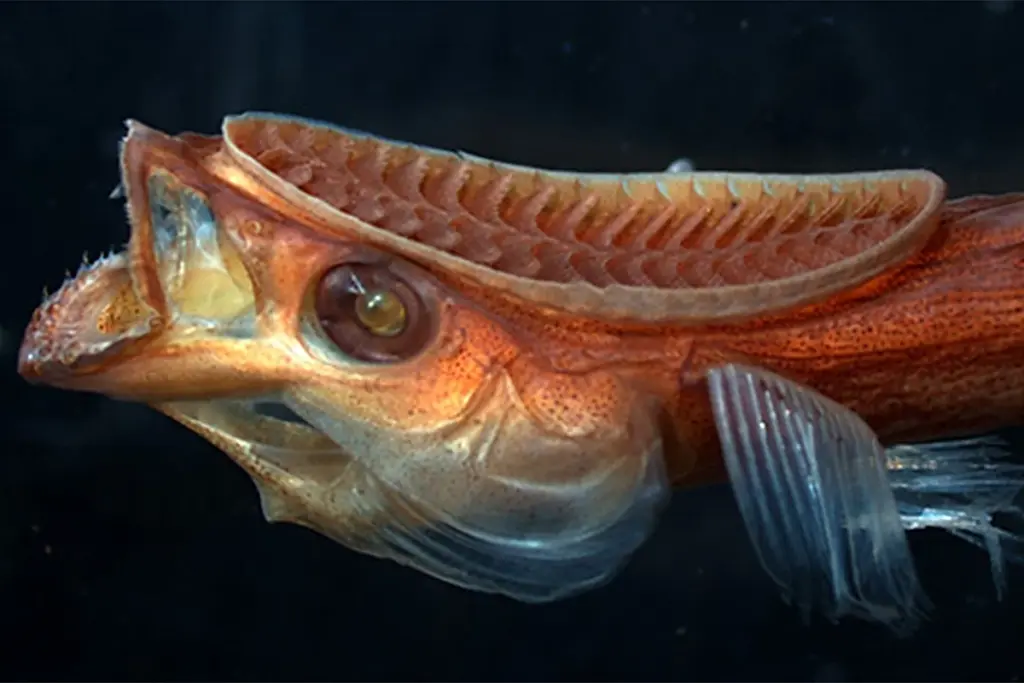
A team of researchers at the Massachusetts Institute of Technology (MIT) has developed a groundbreaking drug delivery device inspired by the Remora fish, known for its unique ability to adhere to larger marine animals. This innovative capsule-sized platform, named MUSAS (Mechanical Underwater Soft Adhesion System), can securely attach to various surfaces in both aquatic environments and acidic conditions, offering promising applications for long-term drug delivery.
The Remora fish employs a suction cup-like organ on its head to form mutualistic relationships with sharks and other larger creatures, providing safety and protection from ectoparasites. The MIT team has mimicked this design to create MUSAS, which operates without the need for batteries or external power. The device features a stainless steel backbone that supports silicone rubber combined with temperature-responsive smart materials, organized into rows of angled plates known as lamellae. This structural arrangement mirrors the Remora’s disc, enhancing its adhesive properties.
MUSAS includes microneedle-like structures made from a smart material that reacts to temperature. At body temperature, these needles interlock, allowing the device to adhere strongly to soft tissue surfaces. The design incorporates a suction cup structure and multiple compartments to enhance pressure-based suction, enabling effective adhesion in liquid environments.
To evaluate MUSAS, researchers conducted tests by attaching the device to a fish equipped with a temperature sensor. It remained securely in place even as the fish swam at high speeds in a tank, demonstrating its potential for underwater research applications. Additionally, the team tested the device on a compact impedance sensor to monitor the esophagus of pigs, aiming to assess gastric fluid reflux. This experimental success suggests MUSAS could serve as a viable alternative for monitoring gastroesophageal reflux disease (GERD), which traditionally requires invasive tubes inserted through the nose or mouth.
The device has also shown promise in delivering medications over extended periods, with the potential for a week-long release of drugs integrated into its materials. In trials, the researchers used an HIV drug and RNA, indicating that MUSAS could address challenges associated with maintaining consistent medication regimens for improved health outcomes.
The team’s findings on MUSAS were published in the journal Nature this week. Going forward, the researchers plan to explore additional applications for the device, including the delivery of various drugs and vaccines, as well as the use of electrical stimulation to activate specific hormones and stimulate appetite.
This innovative approach could revolutionize the way medications are delivered, offering safer, more effective alternatives to traditional methods while enhancing patient compliance.







